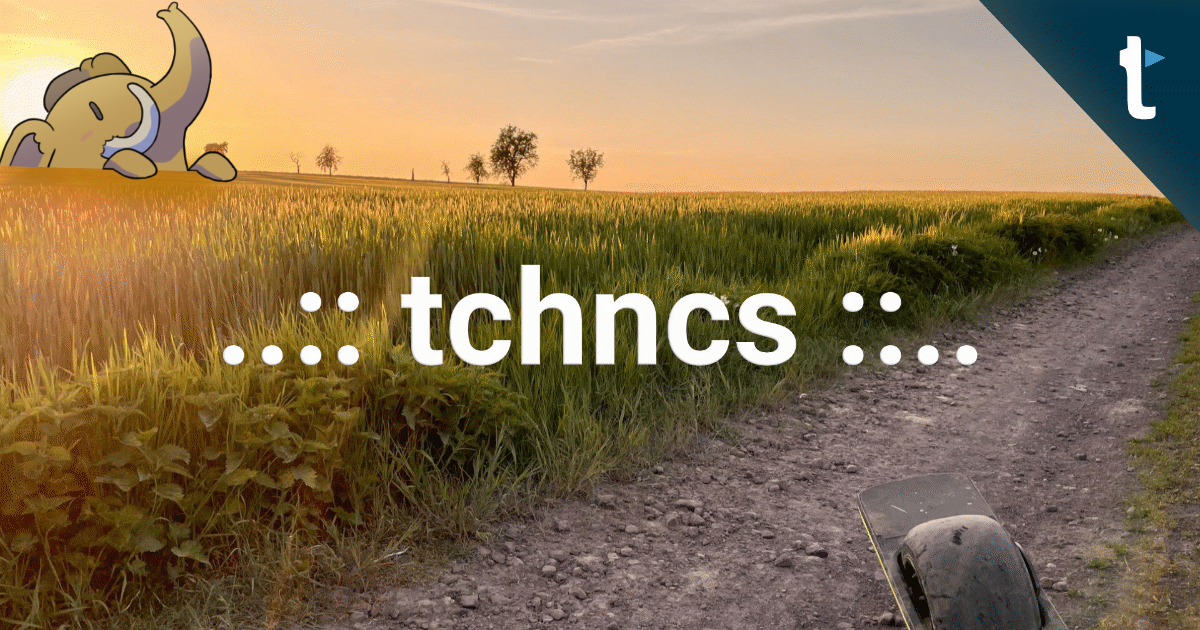That was when @Mike Macgirvin
And, in fact, Forte just uses ActivityPub to do something that (streams) and its predecessors all the way to the Red Matrix from 2012 (known as Hubzilla since 2015) have been doing using the Nomad protocol (formerly known as Zot). It's called nomadic identity. This is technology that's over a dozen years old on software that was built around this technology from the get-go, only that it was recently ported to ActivityPub.
Now, nomadic identity via ActivityPub was @silverpill's idea. He wanted to make his Mitra nomadic. He started working in 2023. The first conversion of existing non-nomadic server software to nomadic still isn't fully done, much less officially rolled out as a stable release.
If Mastodon actually wanted to implement nomadic identity, they would first have to wait until Mitra has a first stable nomadic release. Then they would have to wait until nomadic identity on Mitra (and between Mitra and Forte) has become stable and reliable under daily non-lab conditions. (Support for nomadic identity via ActivityPub on (streams) worked nicely under lab conditions. When it was rolled out to the release branch, and existing instances upgraded to it, it blew up in everyone's faces, and it took months for things to stabilise again.)
Then they would have to look at how silverpill has done it and how Mike has done it. Then they would have to swallow their pride and decide to adopt technology that they can't present as their own original invention because it clearly isn't. And they would have to swallow their pride again and decide against making it incompatible with Mitra, Forte and (streams) just to make these three look broken and inferior to Mastodon.
And only then they could actually start coding.
Now look at how long silverpill has been working on rebuilding Mitra into something nomadic. This takes a whole lot of modifications because the concept of identity itself has to be thrown overboard and redefined because your account will no longer be your identity and vice versa. Don't expect them to be done in a few months.
#Long #LongPost #CWLong #CWLongPost #FediMeta #FediverseMeta #CWFediMeta #CWFediverseMeta #Fediverse #Mastodon #Mitra #RedMatrix #Friendica #Hubzilla #Streams #(streams) #Forte #DataPortability #NomadicIdentity




